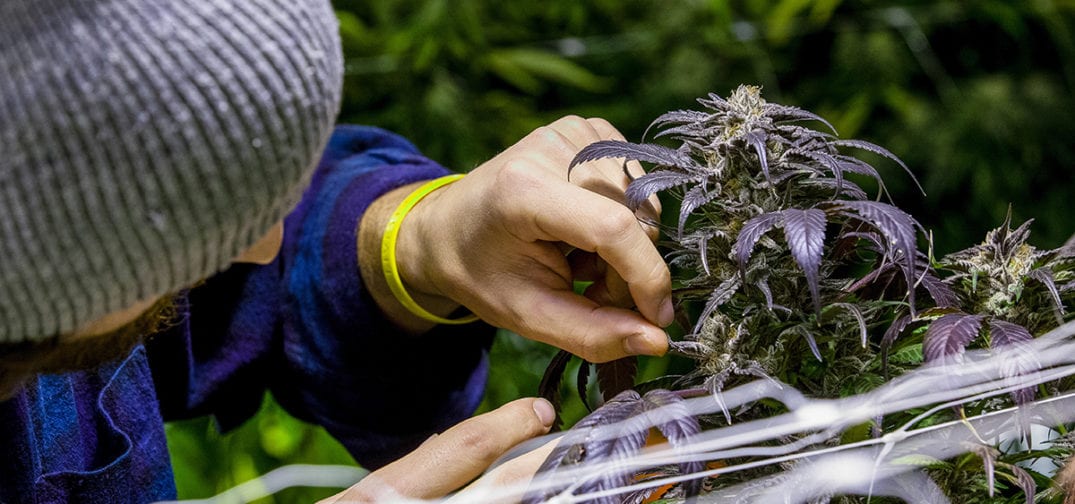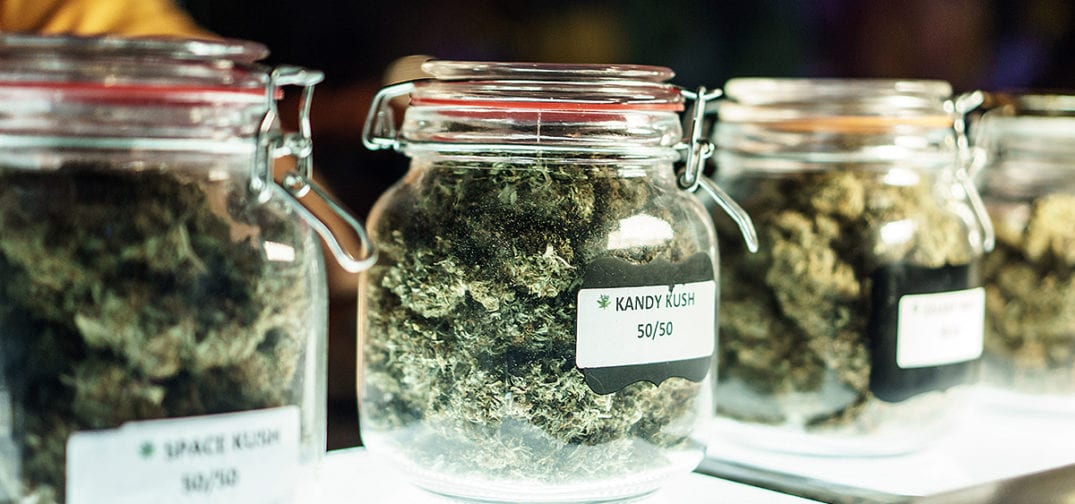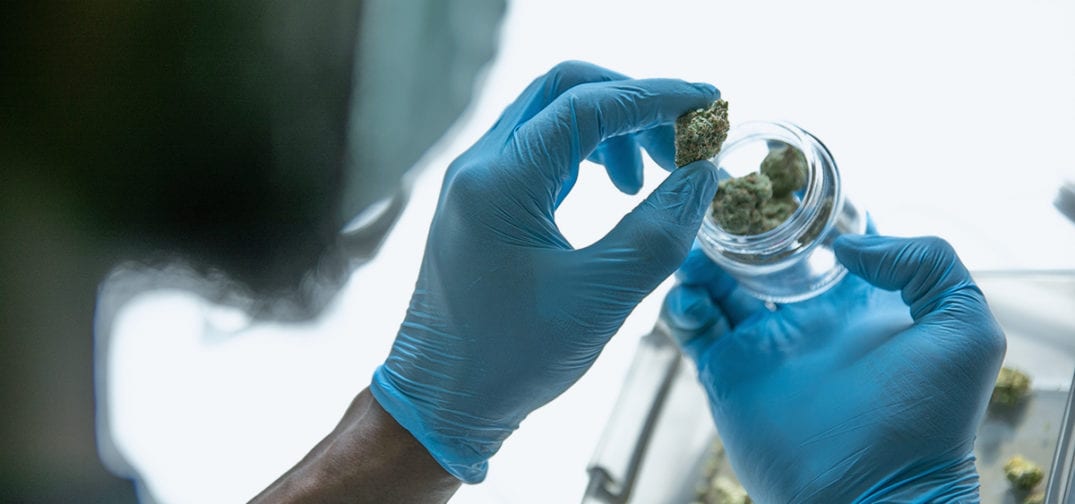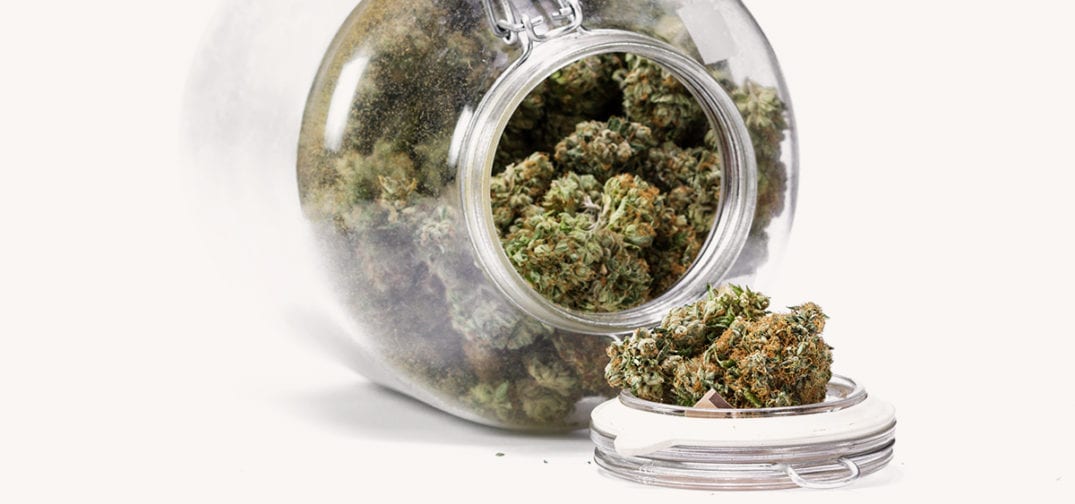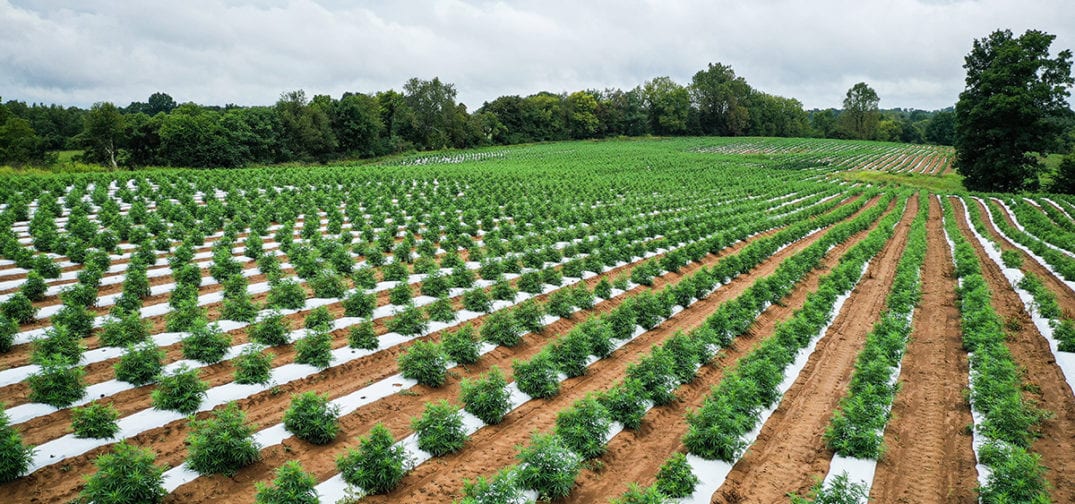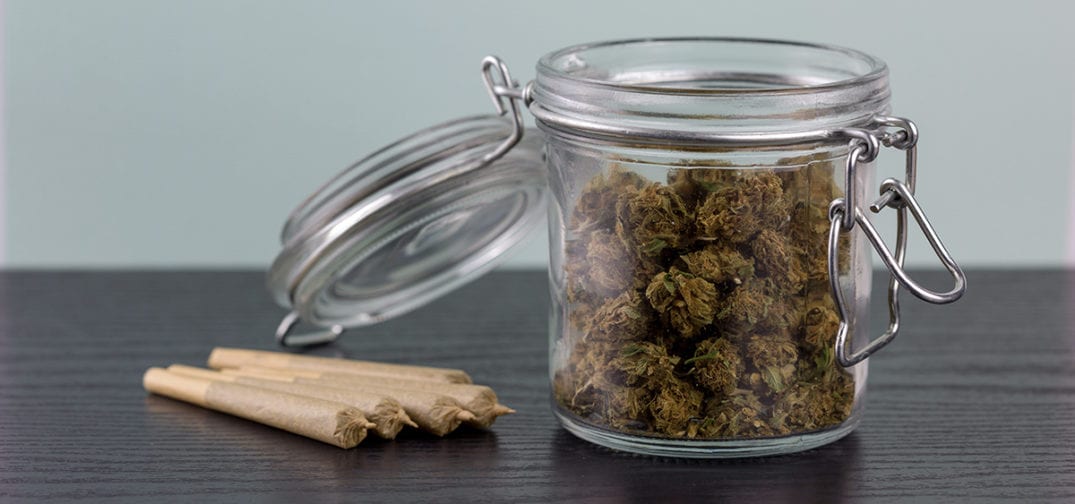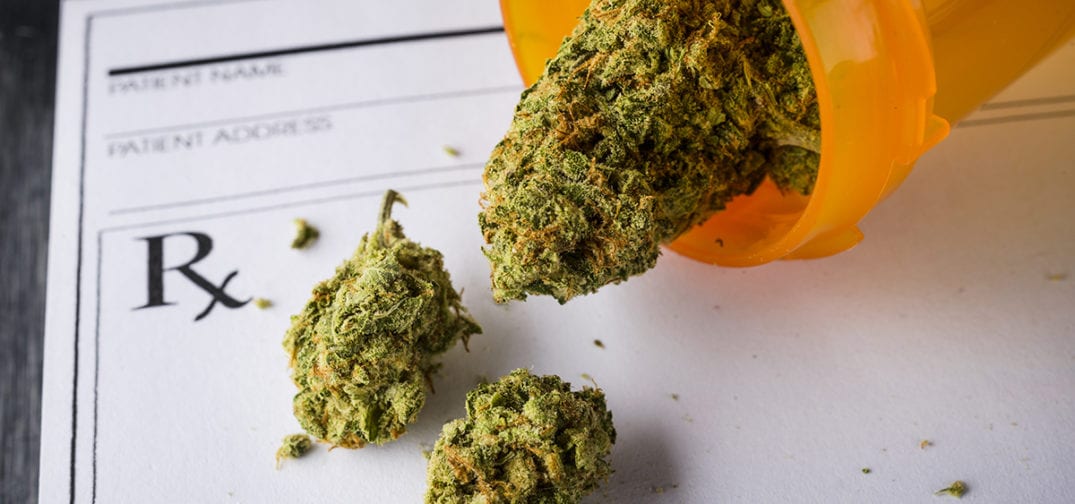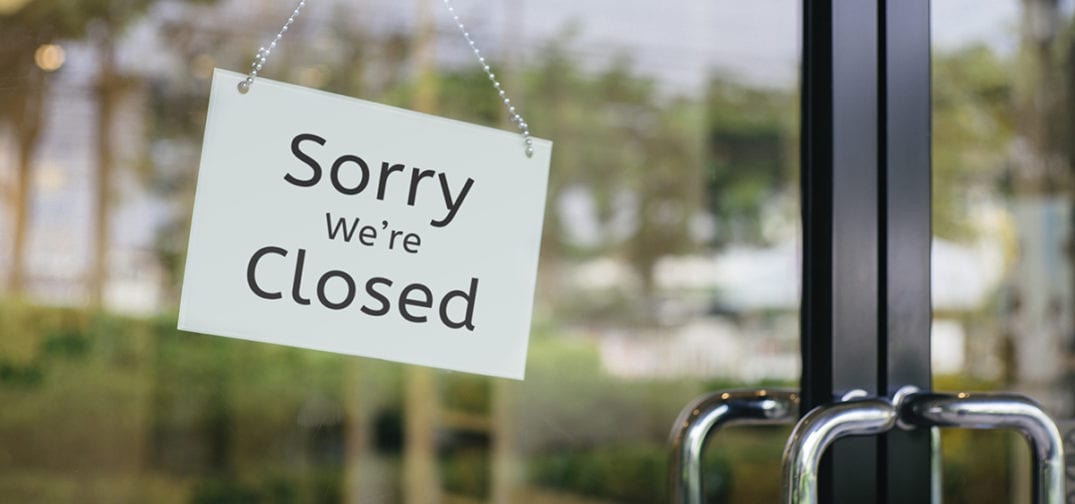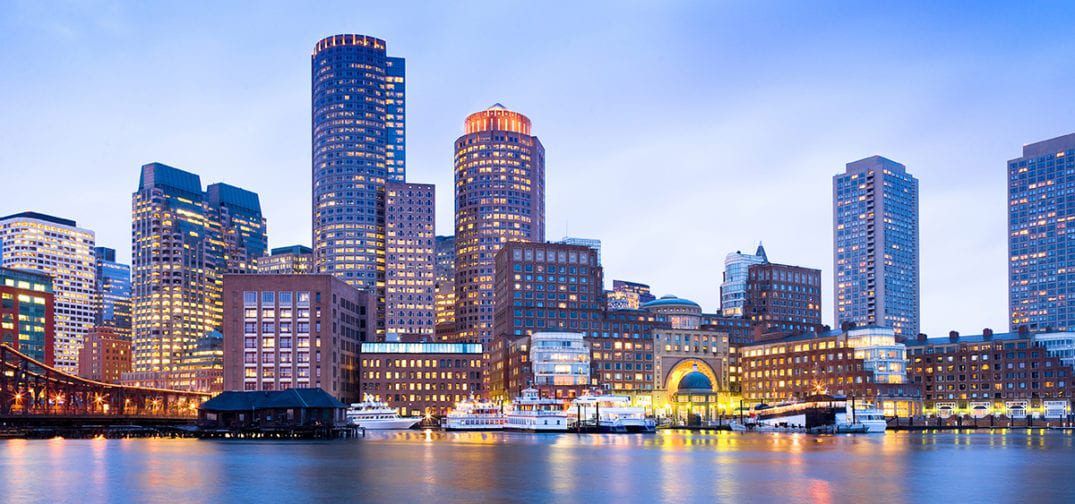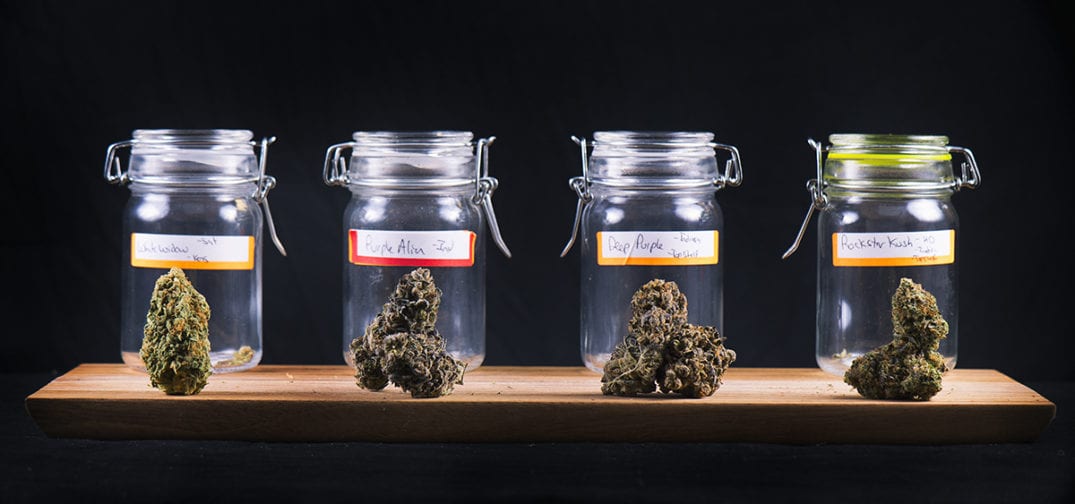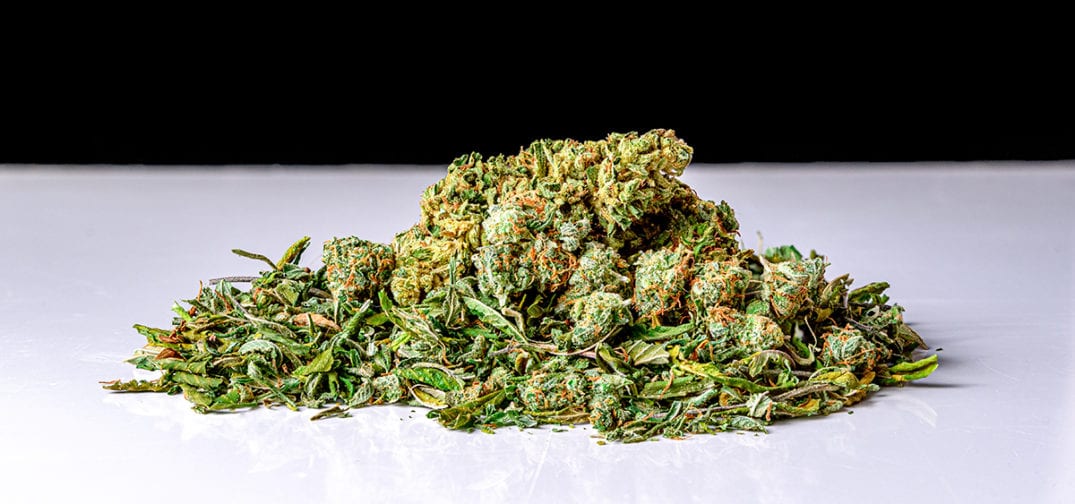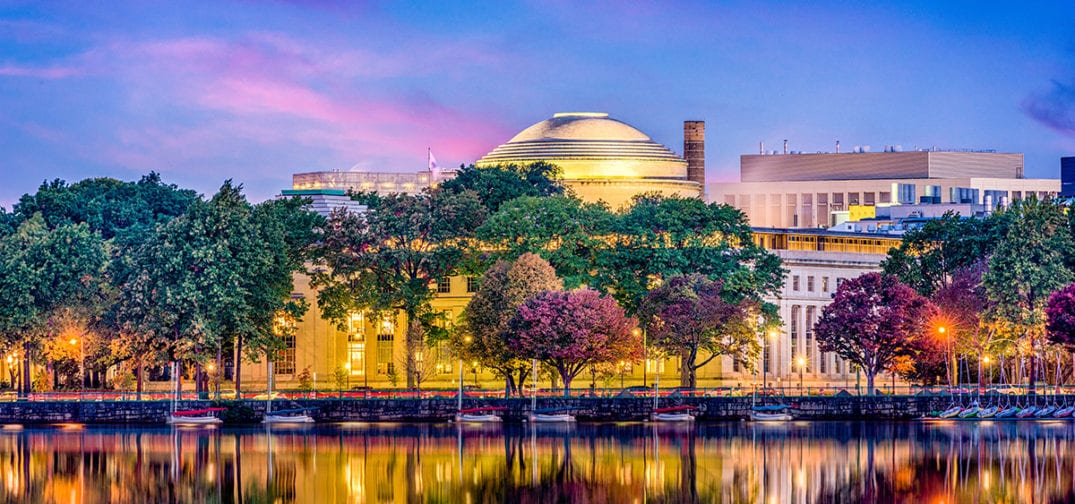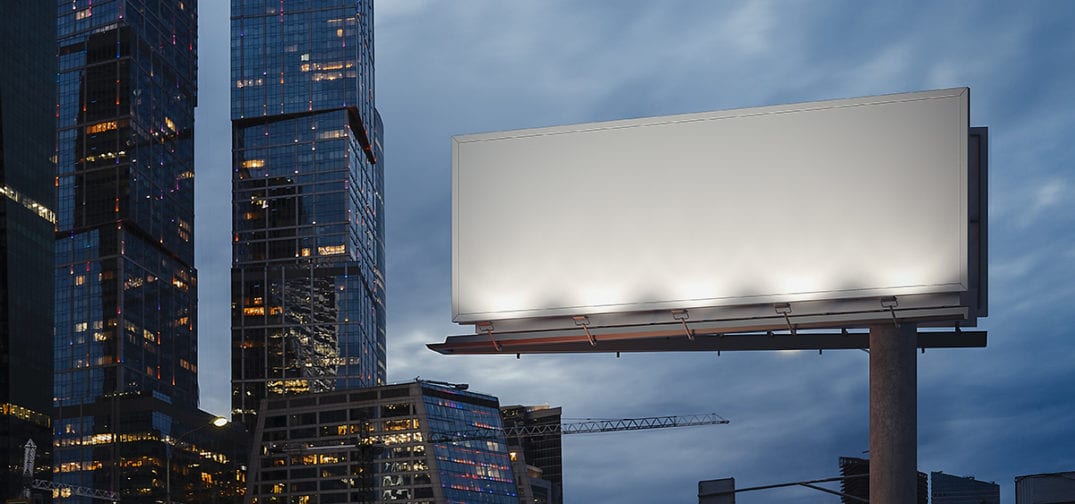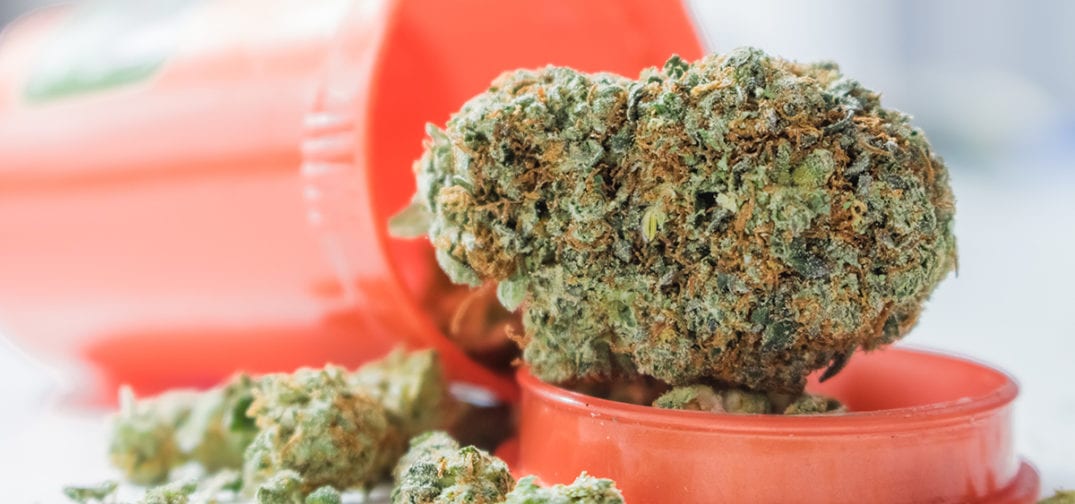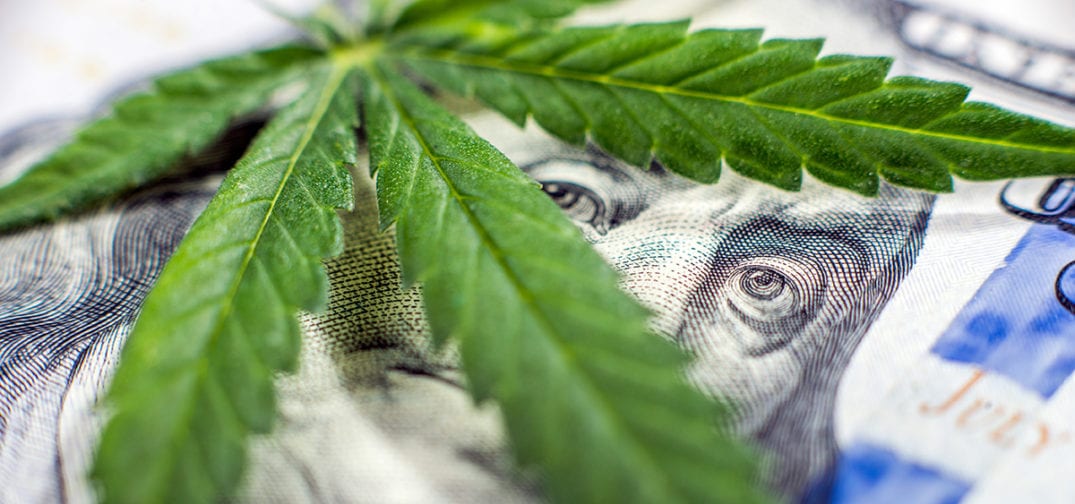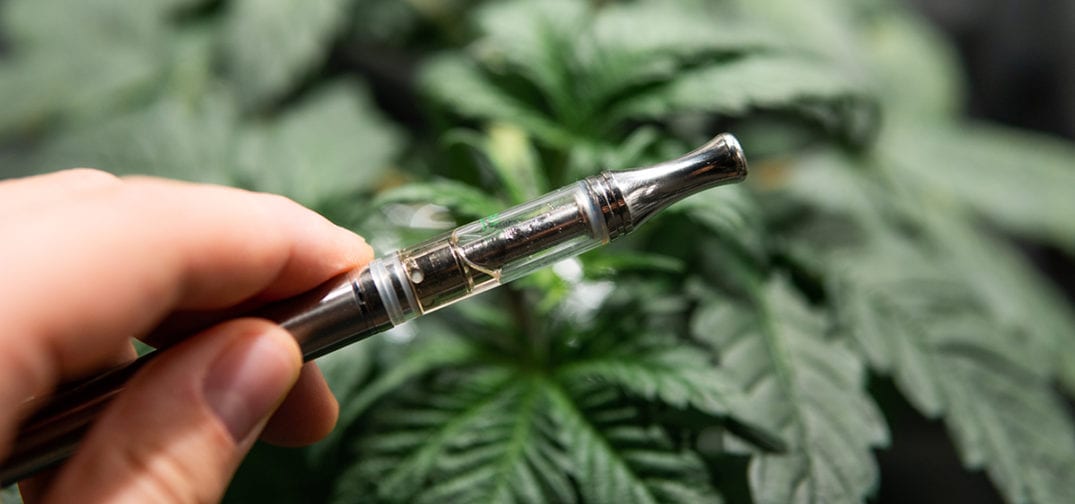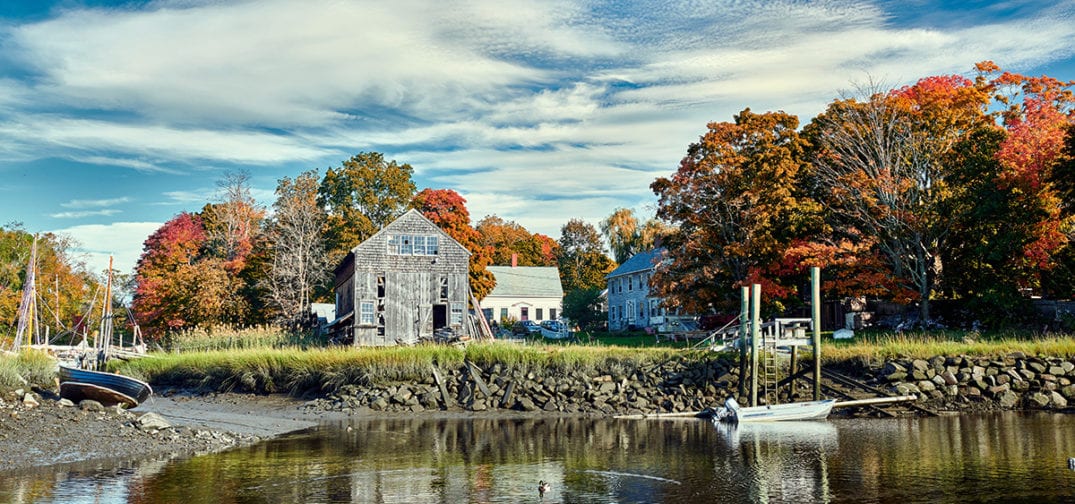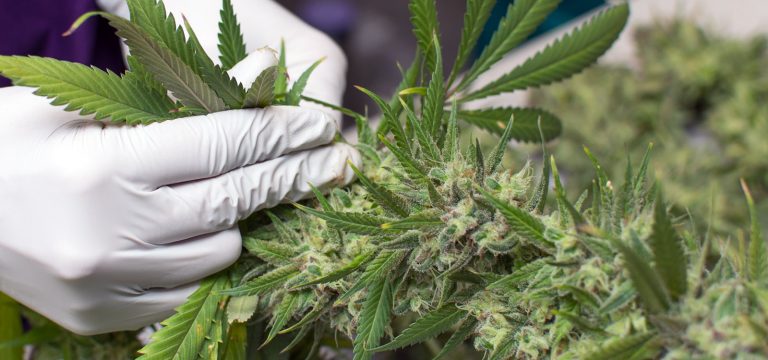Massachusetts Gov. Charlie Baker (R) is being sued over his decision to shut down the state’s recreational cannabis sales as part of his coronavirus response. The lawsuit is filed on behalf of five dispensaries and a medical cannabis patient. It seeks a preliminary injunction on the order which would re-open that state’s 43 recreational dispensaries.
“If it continues, this mandatory closure will cause profound and irreparable damage to the nascent adult-use marijuana industry; will deprive Massachusetts residents of safe access to regulated marijuana; and, will make it very difficult or impossible (e.g.,in Nantucket) for certain medical-marijuana users to obtain marijuana legally,” the complaint says.
Baker ordered recreational cannabis shops to close on March 24 as part of a statewide stay-at-home order but he included medical cannabis as “essential services,” which allowed dispensaries to remain open. The governor said recreational sales had to stop, however, because they would potentially draw people from neighboring states where cannabis is not legal and promote the spread of the virus.
“Many of the states around us, in fact I think all of them, have not legalized recreational marijuana. Making those sites available to anybody from the northeast would cut completely against the entire strategy we’re trying to pursue here in Massachusetts to keep people safe. And that’s why they’re nonessential businesses.” – Baker during a press conference via Patch, April 8, 2020
The lawsuit says that Massachusetts‘ recreational cannabis industry employs more than 8,000 people and generates some $13 million in weekly sales. If the injunction is denied, the stores will remain closed until May 4 – the end-date for the stay-at-home order.
The lawsuit argues the closures are a violation of the commerce and equal protection clauses “because, for purposes of combating the outbreak of COVID-19, there is no legitimate or rational basis to distinguish between adult-use and medical marijuana establishments; between adult-use marijuana establishments and liquor stores; between those who frequent such stores; or, between medical marijuana users who frequent adult-use marijuana establishments, and medical marijuana users who only frequent medical marijuana dispensaries.”
In a letter to Baker’s chief legal counsel, Kevin Conroy and Jesse Alderman, attorneys from Foley Hoag LLP – who are not involved in the suit – suggested that the challenge to the commerce clause would be dismissed because cannabis is federally prohibited and that even if that challenge was possible, the U.S. Supreme Court has held that temporary measures, including those taken during a public health emergency, do not violate the clause, according to a Law360 report.
Cannabis Control Commission member Shaleen Title has suggested that recreational shops could re-open to in-state residents only, but Baker voiced concerns about the legality of such a move and industry attorneys told Law360 that plan would be a potential “disaster” for businesses.
From March 23 – the day the stay-at-home order was issued – to April 1, the CCC received more than 1,300 new medical cannabis patient registrations, the Berkshire Eagle reports. The agency also announced on Tuesday that they would allow nonmedical growers to transfer their crops to the medical supply chain.
Baker’s office said they do not comment on pending litigation.
